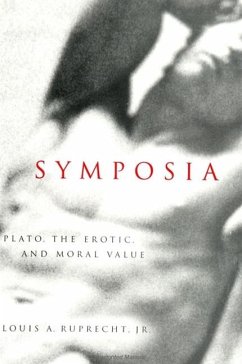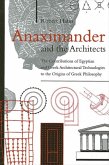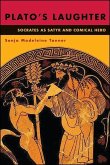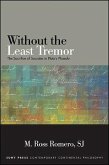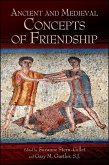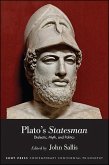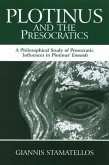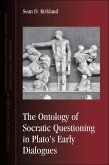Socrates was wise, because he knew that he did not know anything; this has long been the prevailing wisdom of the Socratic-Platonic tradition. In Plato's so-called "Middle Period" -- spanning dialogues such as Phaedo, Symposium, Republic, and Phaedrus -- Socrates consistently claims to have knowledge in one area: the erotic. This book argues that the underlining of erotic matters -- in what it refers to as Plato's "Erotic Period" -- marks the most significant and dramatic moment in Plato's career. Plato's attention to the erotic in this period calls for a fundamental reassessment of many of the most important Platonic ideas: his complicated quarrel with poetry, his dubious doctrine of forms, his alleged hostility to the body and embodiment. In the Erotic Period, Plato's views are much richer, and infinitely more complex, than the many caricatures of his thought allow.
Hinweis: Dieser Artikel kann nur an eine deutsche Lieferadresse ausgeliefert werden.
Hinweis: Dieser Artikel kann nur an eine deutsche Lieferadresse ausgeliefert werden.

